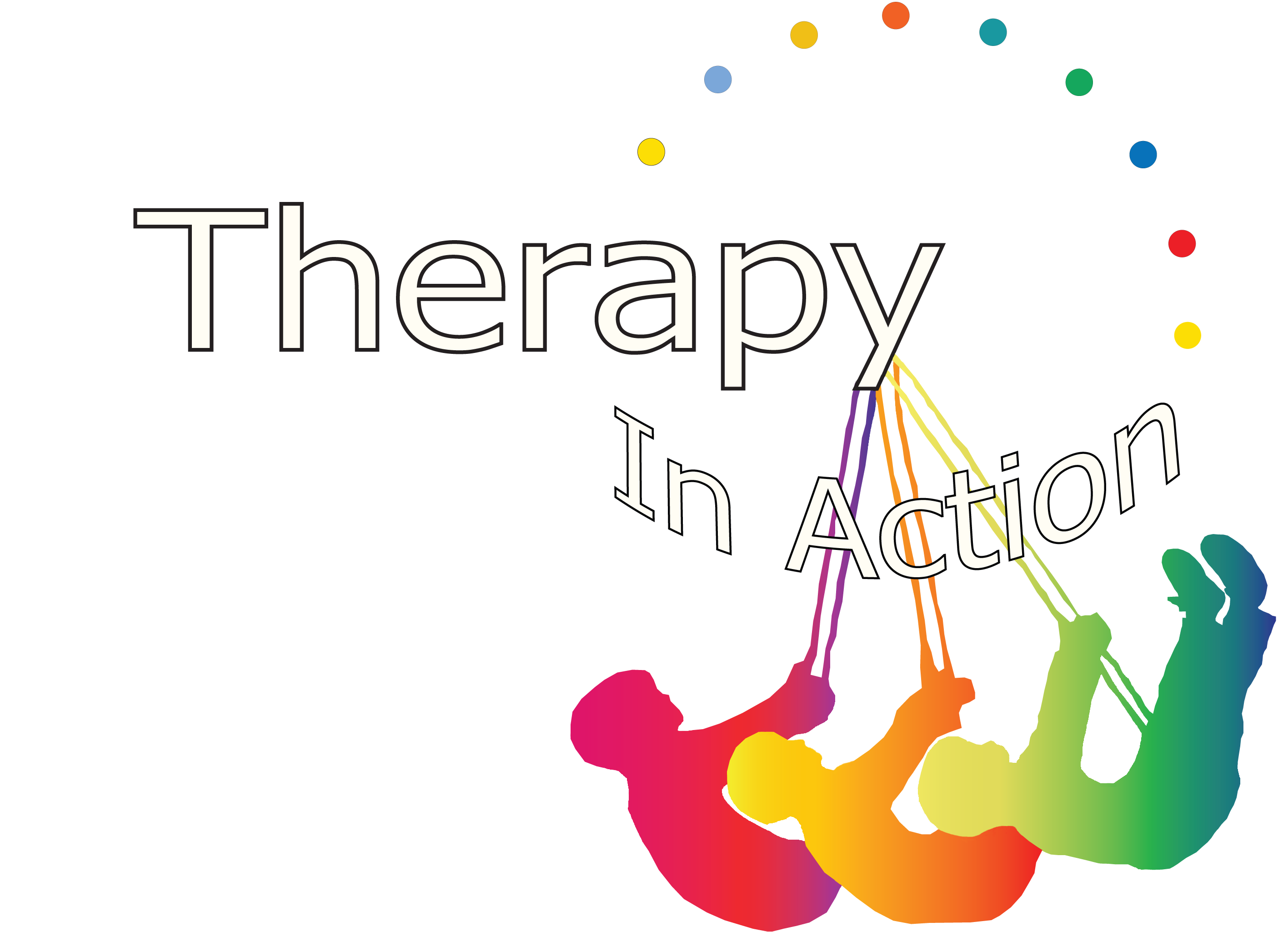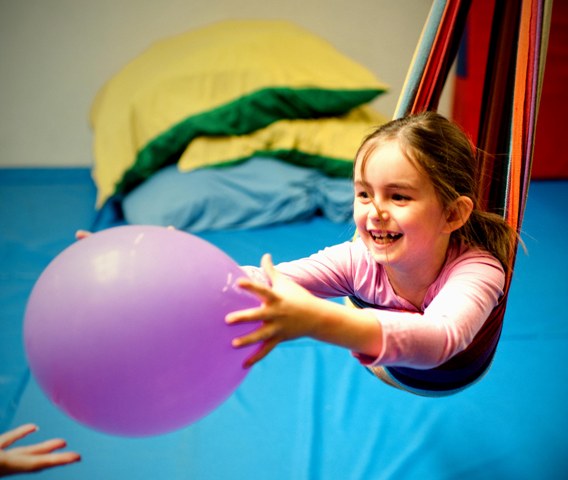OCCUPATIONAL THERAPY
Occupational Therapy is an allied health profession whose aim is to promote health and wellness and to restore, reinforce, and enhance skills and functions that have been compromised due to atypical growth and development, injury, impairment, illness, or activity limitation. Occupational therapists treat people throughout the entire lifespan. When the profession began in the early 1900’s the term occupation did not refer to one’s job. Occupations were the purposeful activities performed daily during work, rest, and play. Occupation also referred to the variety of roles that comprised a person’s identity. A child’s most salient occupational roles include being a family member, student, community member, and most importantly, since children learn by play and exploration, a successful player.
Pediatric Occupational Therapy
Pediatric Occupational Therapy focuses on helping children develop the skills they need to be successful in their occupational roles. The primary focus is helping children develop sensory and motor foundations necessary to master developmental tasks, promote adaptive skills, and achieve independence in activities of daily living (self care tasks related to feeding, dressing, hygiene etc.) Occupational Therapists use fun, purposeful, goal directed activities to facilitate growth and development. Within the context of play, the therapist essentially creates the opportunities that are necessary to promote function, competency and the mastery of skills. The therapist creates the “just right challenge” for the child and utilizes the child’s own intrinsic motivation to engage in purposeful and meaningful activities. Therapy is definitely work for the child even though it may not look like it. In fact, the more therapy looks like fun, and the more engaged and playful the child is, the more skilled the therapist is.
Occupational Therapists provide services in the following areas:
- Gross Motor Coordination
- Fine Motor Coordination
- Handwriting
- Visual Perceptual and Visual-Motor Skills
- Social and Play Skills
- Sensory Integration
- Sensory Processing
- Self Regulation
- Organization of Behavior
- Praxis/Motor Planning
- Activities of Daily Living
- Oral Motor/Feeding
- Adaptive Equipment
THERAPEUTIC FEEDING
Therapy In Action’s feeding program is a holistic program. We recognize that feeding is a highly complex skill, involving all of the sensory systems, motor systems, gastro-intestinal functions, and mid-brain survival mechanisms. Feeding is intimately intertwined with attachment, social relationships, and emotions. Each of these parts functions symbiotically with the others. If one skill is missing, the others can be affected. Therapy In Action does a thorough assessment to pinpoint the key components in order to address the issues accurately.
The following disorders are commonly seen:
- Picky eaters/selective eaters
- Food sensitivity
- Dysphagia
- Oral motor problems such as oral dyspraxia, inability to chew, frequent gagging
- Inability to transition to solid foods
- Transition from tube to oral feeding
- Feeding behaviors that result from gastro-intestinal problems
- Bottle feeding
- Inability to transition to a cup



